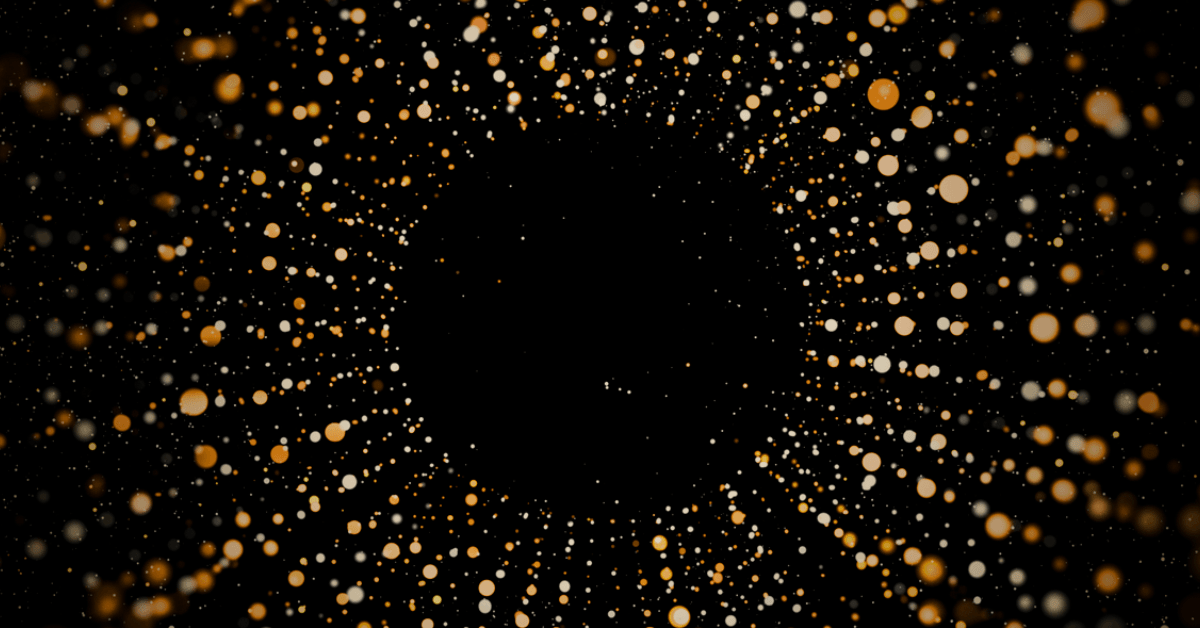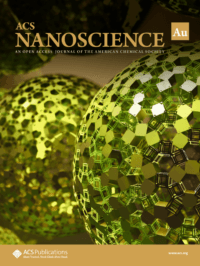Nominate an early-career researcher to be highlighted in our Special Issue celebrating the 2026 Rising Stars in Nanoscience. Submit your nomination by October 20, 2025.

Nominations are open for the Special Issue 2026 Rising Stars in Nanoscience! To shine a light on the early-career researchers making significant contributions to the field, we invite you to submit a nomination for the 2026 Rising Stars.
This special issue will showcasing original, cutting-edge, and impactful research from the next cohort of early-career researchers working in the field of Nanoscience and Nanotechnology. The scope of this special issues is intentionally broad and aims to highlight the researchers conducting work at the forefront of their field.
Those who are selected as Rising Stars will be invited to submit to ACS Nanoscience Au. These Rising Star publications will appear in issues throughout 2026 and then be collected in Special Issues at the end of the year, which will be widely promoted. The work will be highlighted as a significant contribution from a researcher who is breaking new ground in their field. As ACS Nanoscience Au is fully open access, your paper will be available to anyone, at anytime, anywhere in the world.
Topics include, but are not limited to:
- Synthesis, assembly, characterization, theory, modeling, and simulation of nanostructures, nanomaterials, and nanoscale devices
- Design, fabrication, and applications of organic, inorganic, polymer, hybrid, and biological nanostructures
- Experimental and theoretical studies of nanoscale chemical, physical, and biological phenomena
- Methods and tools for nanoscience and nanotechnology
- Self- and directed assembly
- Zero-, one-, and two-dimensional materials
- Nanostructures and nano-engineered devices with advanced performance
- Nanobiotechnology
- Nanomedicine and nanotoxicology
- Nano energy
Organizing Editors
Prof. Raymond E. Schaak, Deputy Editor, ACS Nanoscience Au
Pennsylvania State University, United States
Prof. Chun Ning (Jeanie) Lau, Associate Editor, ACS Nanoscience Au
Ohio State University, United States
Prof. Wolfgang J. Parak, Associate Editor, ACS Nanoscience Au
University of Hamburg, Germany
How to Nominate
We welcome nominations (including self-nominations) to be featured in this Special Issue until October 20, 2025.
We are seeking early-career investigators who are within the first eight years of their initial independent appointment (Assistant Professor or equivalent) and are conducting research at the forefront of their field. Allowances are made for those who took career breaks for any reason; please reach out if you have any questions regarding eligibility.
Please fill out and submit the nomination form below. If you have any questions regarding suitability, please contact Prof. Raymond E. Schaak at schaak-office@nanoau.acs.org.
Submitting to the Special Issue
Researchers who are selected as 2026 Rising Stars will be notified by email.
We welcome submissions for this Special Issue through June 1, 2026. For more information on submission requirements, please visit the journal's Author Guidelines page.
Papers accepted for the 2026 Rising Stars Special Issues will be available ASAP (as soon as publishable) online. After all submissions have been published, they will then be compiled online into a Special Issue. Manuscripts submitted for consideration will undergo the full rigorous peer review process expected from ACS journals.
Open Access
ACS Nanoscience Au is a fully open-access journal, which means your work will be immediately and freely available for anyone to read in perpetuity. We recognize that different authors have different levels of access to funding for Article Publication Charges (APCs). Therefore, evaluation of nominations will be entirely based on merit and not on financial resources.
We offer a range of options to support authors with open-access publishing, including through the ACS special country pricing policy, ACS institutional open access agreements, and a limited number of APC waivers, which can be offered at the discretion of the editor at the point of invitation.
